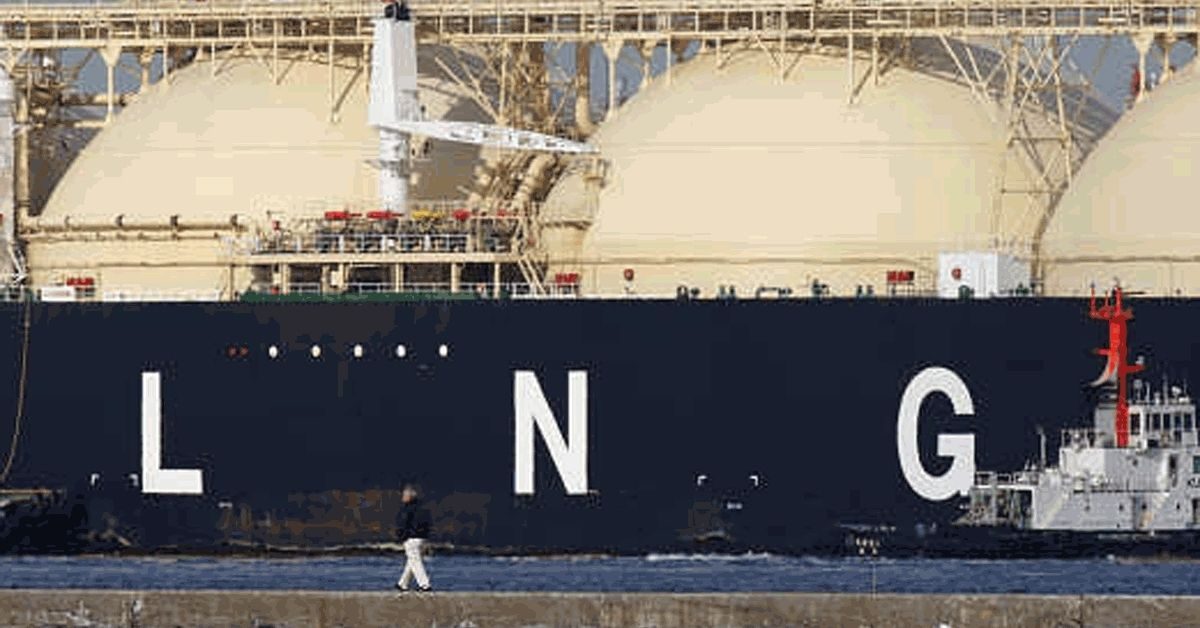The centre is mulling a proposal to set up Liquefied natural gas (LNG) dispensing stations for trucks inside ports by using floating storage units (FSU) as an interim measure. These suggestions will guide development of LNG storage facilities at nine major ports under the administrative control of the Shipping Ministry. Four major ports, Deendayal Port (Kandla), Chennai, Cochin Port, and Kamarajar Port (Ennore), already have LNG terminals in their vicinity. A FSU is an old ship anchored near the port with natural gas storage capacity.
Major ports come under the administrative control of the shipping ministry, while the remaining ports (called non-major) come under the state governments and their maritime boards.
According to the plan under consideration, the floating storage unit (FSU) allows flexibility of using the same ship as an LNG carrier for the initial period when gas send outs are low. “Capital investment is low and this saves LNG chartering cost for initial few lean years,” a senior government official told.
Once natural gas consumption rises at these ports, with more LNG trucks being deployed, conversion to a land based terminal is easy by installing a tank and additional regasification capacity. This approach has been adopted in other countries such as Nicaragua, Philippines, Ghana, and Ecuador, as well, the official added.
These plans are in line with India’s goals to decarbonise its ports under the Harit Sagar Green Port Guidelines 2023. The objective of guidelines is to minimize waste through Reduce, Reuse, Repurpose and Recycle to attain zero waste discharge from port operations and promote monitoring, based on Environmental Performance Indicators. They also cover aspects of National Green Hydrogen Mission pertaining to ports, development of green hydrogen facility, LNG bunkering, and Offshore Wind Energy among others. The Green Port policy also paves way for incentives to fleet owners for adoption of Compressed Natural Gas, LNG, electric or green hydrogen-powered trucks. The move is aimed at reducing the intensity of emissions at major ports.







